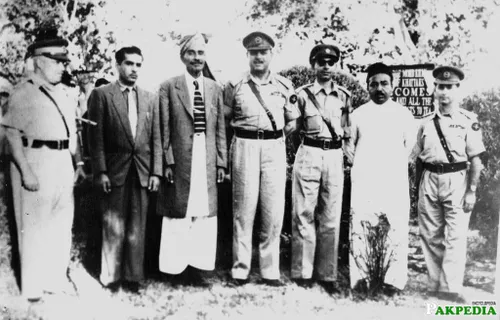Introduction

On August , 2024, a major event took place. President Sheikh Hasina, who had ruled for 15 years, fled the country. This happened after protests by students who had had enough of her harsh rule. Over 300 students lost their lives in the fight for freedom.
Understanding History
Revolutions are not new. They have happened many times before. But young people often don’t learn from past events, so history keeps repeating itself. It’s time to break this cycle. To do that, we need to understand the real story, not just the one we are told.
The Story Begins
This story started in October 1958. After World War II, Britain and the U.S. defeated Germany, but the cost was high. Britain began to lose control of its colonies. This led to independence movements in many places.
In 1947, India was divided into two countries: Pakistan and Bharat (India). Pakistan was made up of two parts: West Pakistan (now Pakistan) and East Pakistan (now Bangladesh). This set the stage for future conflicts.
From Partition to Martial Law
Between 1947 and 1958, different leaders ruled Pakistan. One of them was Sikander Mirza. His government was corrupt and took the country’s wealth for personal gain. By 1958, the military had enough. General Ayub Khan took control and declared Martial Law. Soldiers were placed all over the country to maintain order.
Personal Experience
During this time, I saw the impact of Martial Law firsthand. Soldiers were stationed outside our house in Karachi. As a child, I often spoke with them. One soldier, who had children my age, told me I shared a name with Mahmood Ghaznavi, a famous warrior. This inspired me to live up to that name.
Ayub Khan’s Time in Power

Ayub Khan’s rule is seen in different ways. Some say he was a great leader, while others disagree. During his time, Pakistan made some progress. His trips to the U.S. and U.K. brought Pakistan into the global spotlight. Personally, I felt the country moved forward during his rule. New things like no-iron fabric and television became popular. My father’s job took us to Iran, which opened up a new world for me.
Conclusion
This experience shaped my views on leadership and change. Ayub Khan’s rule, despite its issues, brought progress. It also taught me the importance of learning from history to avoid repeating the same mistakes.
Explore More
For further insights into historical revolutions and their impact, follow our series and resources:
Our Path to Prosperity
Autobahn — Road for Automobiles.
LifeBahn — Road for Life.
while competition is a good way to succeed for a FEW,
collaboration is a BETTER way to succeed for MANY.






